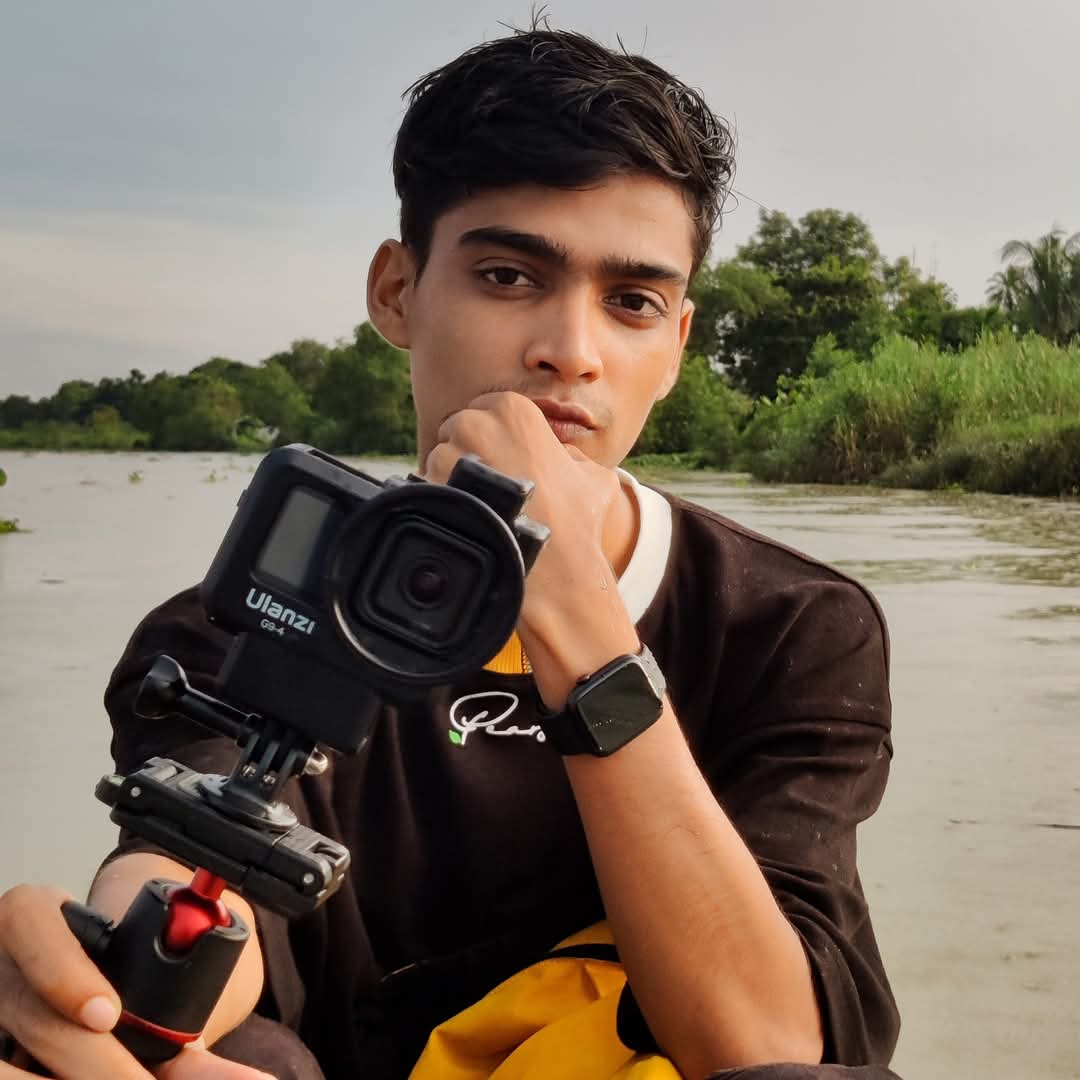Rajib Nandy: Cancer is a cruel visitor. It arrives uninvited, destabilizes entire families, and leaves behind a trail of despair. In Bangladesh, where the healthcare system often struggles under the weight of demand, the journey of a cancer patient is fraught with uncertainty, misinformation, and heartbreaking loneliness.
Every year, hundreds of Bangladeshis seek advanced treatment in hospitals like Mumbai’s Tata Memorial or in Dhaka city. But for many, the journey brings not just physical exhaustion, but cultural shock, isolation, and fear. And in those unfamiliar corridors, when no familiar face is around — a young Bangladeshi man appears, offering kindness, clarity, and connection.
His name is Md Akbar Hossain Juman. A dreamer, is more than a volunteer. He is a lifeline of our time.
Juman’s story didn’t begin with grand ambition. It began with love — for his father, who was diagnosed with cancer. In that life-altering moment, as Juman stood by his father navigating hospitals and decisions no one is ever prepared for, he discovered a heartbreaking truth: so many people face this battle completely alone. That realization changed his life.
CancerAid Network ( https://canceraidnetworkbangladesh.org/ ) is more than just an organization — it’s a heartfelt mission born out of personal experience. We are a growing community dedicated to supporting cancer patients, survivors, and their families through compassion, care, and connection.
From that moment of pain was born CancerAid Network Bangladesh — a grassroots initiative built not on wealth or institutional backing, but on compassion and commitment. What started as a simple effort to help others now stands as a foundation devoted to supporting cancer patients with information, emotional strength, logistical guidance, and most importantly, presence.
What sets Juman apart is not just what he does — but how he does it. I have known Akbar since 2019. As a professor and supervisor on the Department of Communication and Journalism at the University of Chittagong, I have had the rare opportunity to watch him grow, not only as a student but also as a researche assistant on my multimedia journalism and Mobile Journalism project.
For three years, Akbar worked with me as a research assistant on a field-based communication study on the eco system of the Chittagong Hill Tracts. Together, we visited remote areas, gathered oral histories, conducted interviews with marginalized communities, and documented the complex realities of cultural identity and social challenges. In those dense hills and quiet villages, I saw another side of him — patient, empathetic, fearless, and deeply respectful of every individual he met. He didn’t just collect data. He listened. He cared.
That experience gave me a unique lens through which to understand Juman’s motivations. His compassion is not performative. It is practiced — day after day, in silence and sincerity. His initiative with CancerAid is an extension of that same spirit — a bridge between systems and souls.
Even now, while working in Japan as an international service holder, Juman’s heart is rooted in Bangladesh. From across the ocean, he continues to guide volunteers, connect with patients, and build a network of hope.
To those who wonder whether there’s any personal gain behind his efforts — let me assure you: he gives without expecting. He serves not to be seen, but because turning away from pain is simply not in his nature.
Juman, to me, represents the very best of our generation. He is a product of empathy, resilience, and purpose. And if this world needs anything more than medicine, it is the kind of humanity he carries — in his voice, in his actions, and in his dreams.
Let his story travel. Let his kindness multiply. Let many Akbars bloom across the world — and may no cancer patient, anywhere, ever have to walk alone again.
Because sometimes, the most powerful cure is a human being who cares.
Rajib Nandy: Associate Professor, Department of Communication and Journalism, University of Chittagong (rajibnandy@cu.ac.bd)


